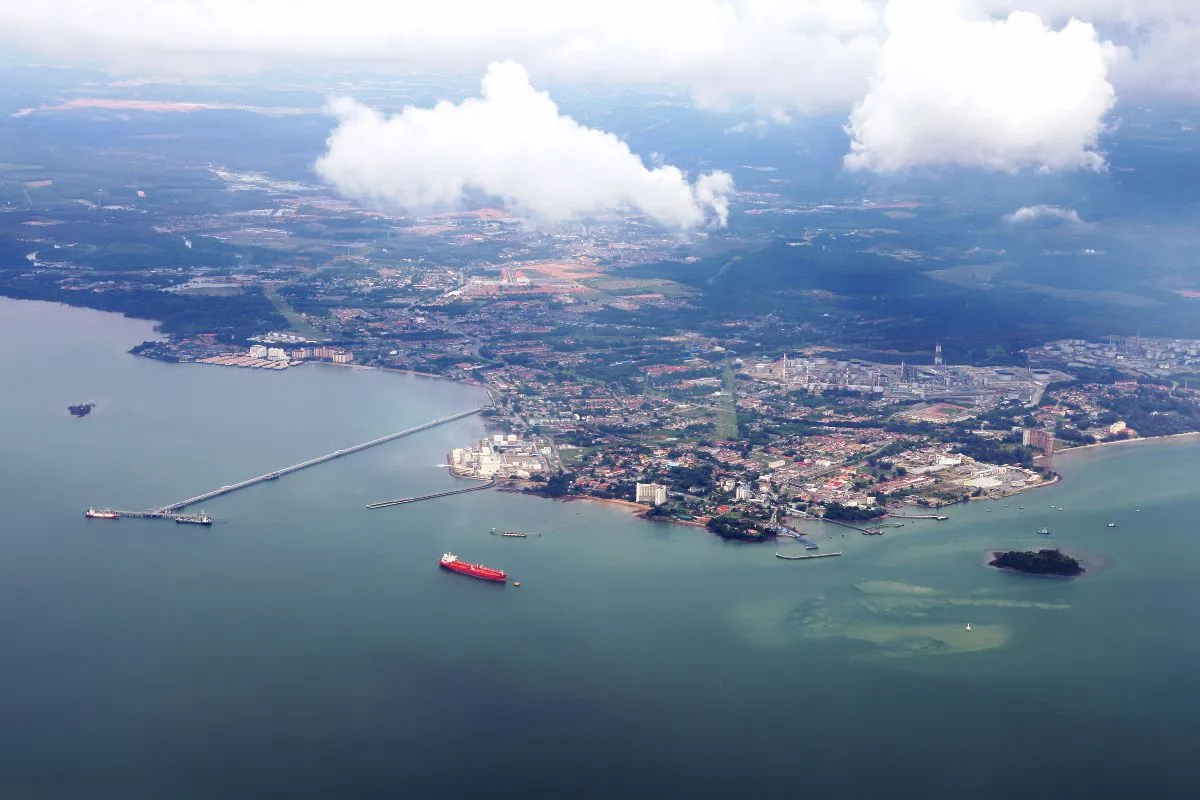SEJONG, South Korea, April 28 (Reuters)–A senior South Korean government officialruled out onMonday thatSeoul wouldagree to a trade package withWashingtonby thetime thecountryholds apresidential election on June 3, and flagged challenges to reaching a deal even before early July.
The countries last week agreed to craft atrade packageaimed at removing new U.S. tariffs before a pause in reciprocal tariffs is lifted onJuly 8, Seoul’s delegation in Washington said after their first formal tariff talks on Thursday.
Political analysts noted, however, it may be difficult for South Korea to make any firm commitment on big energy projects and defense costs as it currently has an acting president in power.
South Korea will hold asnap electionon June 3 after former President Yoon Suk Yeol was ousted for his role in imposing martial law briefly in December.
It is “theoreticallyimpossible” for the two countries to decide on a comprehensive trade package by late May or early June, Park Sung-taek, Vice Minister of Trade, Industry and Energy, told reporters.
“We fully explained our political situation to the U.S. during our latest talks. The U.S. side also understands thatKorea’sspecial political situation could be a limiting factor in negotiations.”
The United States has prioritized talks with key trading partners and allies like Japan, Korea and India, as Washington is scrambling to seal a flurry of trade deals before its July 8 deadline.
“We all are taking the uncharted territory,” Park said.
“To be honest, I think it would be very challenging for the talks to bear some fruit within the next 70 days despite President Trump’s expectations,” he said.
South Korea said it has requested exemptions from reciprocal tariffs and tariffs on autos and steel and other items, and offered cooperation on shipbuilding and energy and in addressing trade imbalances.
Park said the United States needs to remove red tape to facilitate bilateral cooperation in shipbuilding, pointing to the example of the Jones Act, a U.S. law that requires goods moved between U.S. ports to be carried by ships built domestically and staffed by U.S. crews.
He said South Korea was in talks to send a working-level delegation to Alaska to review the business feasibility of a $44 billion liquefied natural gas project that Washington wants to fund with investments from countries like South Korea and Japan.
South Korea is looking to create about six working groups with the United States under three areas on the agenda – exemptions to tariffs and non-tariff measures, economic security, as well as investment cooperation – with a plan to kick off meetings next week, Park said.
The fourth issue on the agenda, currency policy, will be discussed separately by the financial authorities of the two countries, he said.
(Reporting by Hyunjoo JinEditing by Ed Davies)






